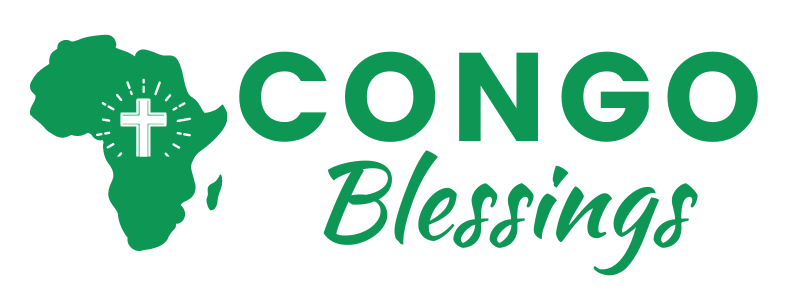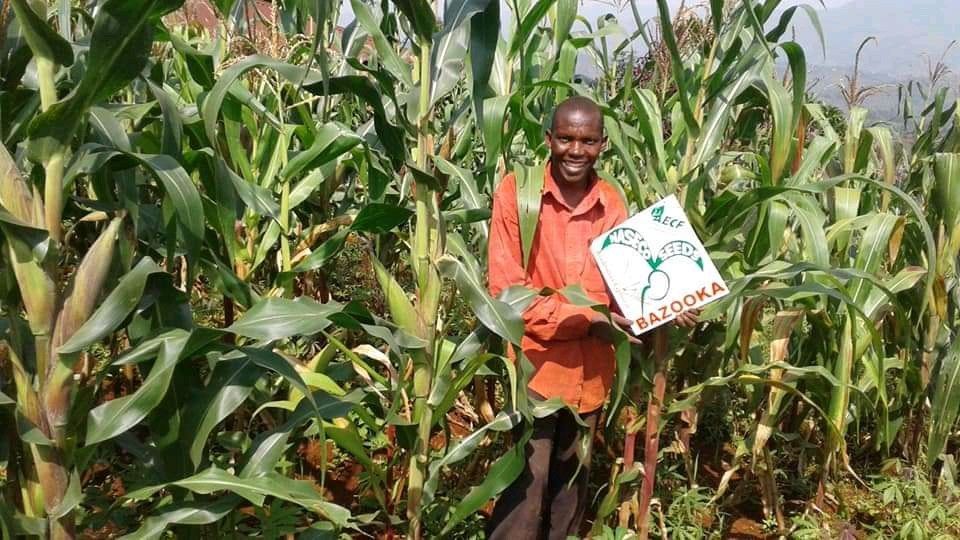Update from Mike Marshall
Thanks for joining my wild adventures in the Congo. I always start my talks here with, “there are three things I love: Adventure, Learning, and Walking with God”. Well, I’m certainly doing all three here in Bukavu. A few stories for you…
Jack is a Congolese that won a scholarship to Syracuse to get a Master’s in Education. He said that American education and the American ways are so much harder. So hard, that he left the US and came back to the DRC. The differences caused him unmanageable stress. He explained that in the Congo education is about memorization. The teacher gives you the answers and you memorize them for the test. In America, the teacher gives you the problem and you must determine the answer. It’s an incredibly stark and sad contrast. But why would they teach this way? The next morning it hit me. There are no books in school, there is no internet, there is no access to research the problem. The teacher does the work for them and tells them the answer. And so, their critical thinking skills are almost non-existent. We are here looking for needles in haystacks, for people here that are not the norm. We pray to find a few men and women that will begin to lead change.
I met Jack because he asked me to be his mule. He ordered 3 pairs of shoes on Amazon and had them delivered to my house in Austin. When we met up in Bukavu a few days after I arrived, I found out that he intended to sell the shoes. He didn’t have a buyer yet, but said they would be sold quickly the next day when he took them to his office. I was surprised because shoes are so specific to style and size. Well, in the Congo, close is always good enough. Too tight, too big, wrong color, that’s ok. Here’s the kicker, 100% profit. Buy a shoe for $50 and sell it for $100. Buy it for $100 and sell it for $200. It’s an import service for the wealthy and seems like a great business. We talked for a bit about importing shoes as a business as I had been told Jack wanted to talk about his new business venture. After a bit, I said, “So Jack, this is your new business idea?” His answer, “No, I am making chalk.” Yes, instead of what seems to be a decent business model with shoes, Jack wants to make chalk for teachers to write on chalkboards. It gets worse. He has bought a $12,000 machine that is sitting in his house. He hasn’t started producing the chalk because he doesn’t have the $5,000 drying machine. But he won’t start then, because he still needs a machine to make the boxes to hold the chalk. Drying the chalk in his oven or buying boxes from someone else is not an option for him. He says it would make the chalk too expensive to manufacture. Jack is just like most of the people here, they don’t understand capital assets. Jack expects to make $0.50 per box of chalk. That’s 24k boxes to cover the cost of the first machine, but for some reason, he only calculates his expenses for his materials. He’s never made a single piece of chalk and expects his first try to create perfect chalk, the best quality in the country. It’s crazy. Please go home tonight and start making chalk. The first batch will fail, and the second, and more as you dial in your formula. I didn’t find out, but most likely a good-hearted NGO gave Jack the $12k chalk making machine. Hundreds of millions of dollars have been poured into the Congo by NGOs but all agree that it’s not helping. Well, it provides relief, but not economic development. The Congolese must learn to think. They must learn how to create, how to solve problems, and how to make profits on their own.
While Jack’s story is typical, there are bright spots too.
I met Israel yesterday and we talked for a few hours. It was fun to talk with someone here that understands business, at least partially. Israel owns 20 hectares of land where he grows maize. (I had a blast learning about farming asking question after question.) He tills the soil with a tractor. Wait, you have to understand how big that is. Most people are still using hoes. Next, he hires 20 people that plant the seeds by hand. His costs for seeds are $200. His cost for labor is $182. He rents the tractor, for $1400. (You should know the labor breaks down to $1/day for each of the 26 workers for 7 days. Notice the wage gap – one person buys a $200 pair of shoes while others make $200/year.) The soil here is amazing and the crops are beautiful. In 3 months, the maze is 8-10 feet tall and is ready to eat. They wait another month to dry out the maze and then harvest because it needs to be dry and then sent to the mill for processing into flour. They make more money for flour than for an ear of corn. Israel could tell me so many of the details about his process and his costs, but he still didn’t know his profits. This is an example of where we often continue to help when we get back home. We use WhatsApp to chat, share files, and sometimes even video chats to mentor business owners. Israel needs help building a spreadsheet with a business model. The good news is that Israel is a worker. He is looking for ways to expand his operation to 50 hectares and then beyond. He wants to grow peppers and other crops and is asking for help in sales and exportation (which I know nothing about) to other countries. The sad part of the Congo’s story is that while the land is crazy fertile, the DRC is importing so much of its food because the Congolese people are lazy, by their own admission. Israel is leading change and is an example to his fellow Congolese.
Thanks for praying!

